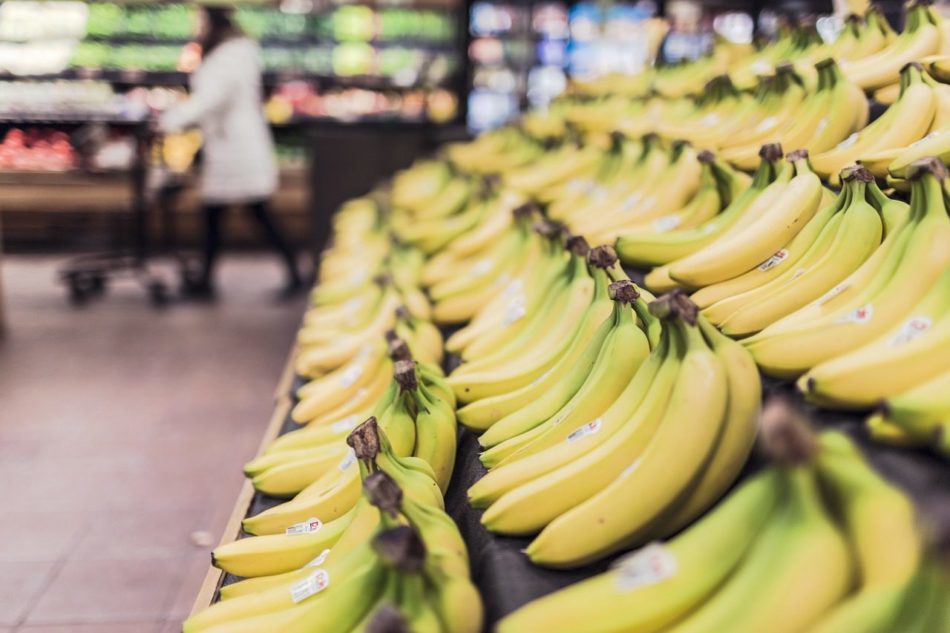Although it goes unnoticed in a convulsive international environment, there is a serious illness that lies in wait for the banana. danger is called TR4 (Tropical Race 4) o "Panama disease" and it comes in the form of a mushroom. Why is it worrying? Because history repeats itself and a Panamanian fungus has almost completely exterminated the predominant species in the XNUMXth century. We explain all the details!
Has the banana ever gone extinct?
The banana you are thinking of is of the variety Cavendish. It doesn't matter if it comes from the Canary Islands, Costa Rica, Ecuador… Represents the 99% of exports of this fruit worldwide. However this was not always so. Until the middle of twentieth century the predominant variant was called Gros michel and was highly appreciated for its organoleptic qualities. It was somewhat more difficult to cultivate but represented a percentage similar to that occupied by the Cavendish today.
What changed? An ancient version of today's fungus mercilessly attacked plantations. It spread across the globe without any control as it killed every plant in its path. That is why today it only exists in isolated places like Cuba, Hawaii and certain areas of Uganda. However, the solution for the farmers came when they realized that not all the bananas died on the plots. There was a species other than the Gros Michel that resisted stoically.

This is called the Cavendish in honor of William George Spencer Cavendish, an English aristocrat who received in 1834 a specimen of the plant from a friend who came from Mauricio. He managed to survive and reproduce in an English greenhouse thanks to his friend Joseph Paxton. It began to be exported commercially at the beginning of the XNUMXth century but it did not become widespread until the middle of the century. Today the new version of Panama disease stalks this variety, so it runs the same risk. Will someone find a cure? Do we need another variety that resists?






